The Sitra-funded experiment found that batteries used as power sources for mobile machinery and optimising battery use are important from both an economic and environmental perspective.
Extending the life cycle of batteries requires digital information, meaning data that needs to be shared between the battery manufacturer, the user, the re-user and the recycler. Sharing data requires trust and commitment from companies.
One of the key findings of the current pilot is that there are no significant practical barriers to reliable data sharing. The pilot therefore encourages companies to share their data more and more confidently with trusted partners.
The sharing and use of battery data was tested in collaboration with VTT and the SIX Mobile Machines cluster. SIX is a domestic
innovation ecosystem
Innovation ecosystem
A network of members working together to create business and innovation, or to conduct research or otherwise create added value through collaboration.
Open term page
Innovation ecosystem
, a network of companies and other actors such as research institutes, formed by leading mobile machinery manufacturers and their main partners.
The trial showed that sharing data can reliably extend the life of machinery and their batteries.
Batteries in mobile machinery constantly generate new data
Finland is a pioneer in the manufacture and development of mobile industrial machinery. High-tech equipment is used, for example, in forestry, mining and for lifting containers in ports.
The batteries in modern mobile machinery contain a lot of data, generated from the manufacturing stage to their use and eventual re-use. Batteries in industrial machinery can therefore rightly be called intelligent devices. Even the effect of weather conditions on battery performance continually generates new data.
When the battery’s performance starts to deteriorate and it is no longer suitable as a power source for industrial machinery, the data collected can be used to assess its suitability for other uses.
However, the data itself does not provide direct answers or suggestions, but needs to be analysed, exploited and shared with other companies – battery manufacturers, users and recyclers – on the basis of fair and commonly agreed rules of the game. This is the only way to find a potential new use for the battery.
The data processed from batteries can also be used to make more efficient and greener machinery, optimise its use and develop new services.
Pilot results encourage companies to share their data with greater confidence
The results of the experiment show that lifecycle data – accumulated from the battery’s manufacturing stage through to its use and possible re-use – can be used to further the re-use of batteries as alternative energy sources and the recycling of the materials they contain.
In practice, this means that even if a battery in a mobile machine is no longer suitable for its primary application, such as a forestry machine, due to its reduced efficiency, it can be reused, for example as an energy bank for a wind turbine.
The extended life cycle of high-value batteries for large machines is a good example of the benefits of data. If batteries can be used for longer, both businesses and the environment will benefit.
Smart batteries also give their manufacturers a competitive advantage, as customers are naturally interested in products that are as cost-effective and sustainable as possible.
Data can help assess the suitability of the battery for reuse, for example as energy storage for a wind turbine.
Apart from the practical results, there are also lessons to be learned from co-development
Sitra’s aim in its industrial innovation ecosystem experiments is to show companies in practice what kind of tools data can offer to promote, for example, an ecologically sustainable economy, the green transition and industrial competitiveness.
The current experiment has provided companies with insights that will enable them to develop data-driven business. For example, to new services tailored to the users of machines and batteries can be developed by equipment manufacturers based on data.
The aim is also to strengthen the industrial
data sharing
Data sharing
Transfer of data between two or more parties.
Open term page
Data sharing
capabilities of Finnish companies and to help them find concrete solutions that can be put into production quickly. The experiment was based on genuinely identified customer needs and customer input used at its different stages.
The experiment used the data economy rulebook developed by Sitra, which sets out the rules of the game and clear roles to achieve common goals.
The experiment was based on genuinely identified customer needs.
Data sharing requires a common digital platform, the data space
Data is undoubtedly the most important resource and success factor for businesses in the future. However, data does not become a profitable business on its own; it needs to be collected and processed in a controlled way.
To help manage data, data warehouses for digital
data spaces
Data space
A set of mutually agreed principles and rules for sharing and exchanging data within or between different sectors.
Open term page
Data space
enable data to be shared and exploited.
Data spaces are being developed across society, in sectors such as transport, health, energy and agriculture. The current battery guarantee experiment has piloted the first data space in the industrial sector.
The trial has learned that data space technologies have a significant role to play in exploiting the lifecycle data of batteries and machinery.
The experiment was based on the fair data economy lessons developed by Sitra
Data sharing is enabled by reliable and fair technology.
The experiment, based on battery lifecycle data, was carried out in the national data sharing testbed Virtual Finland, managed by the Ministry for Foreign Affairs. This is based on the testbed that was initiated by Sitra’s IHAN project.
Reliable data exchange between industrial companies in the SIX cluster was made possible by a data space service developed by the technology company IOXIO, which provides a cost-effective way of integrating information systems between different organisations.
The new data sharing technology developed by IOXIO in Finland is based on widely and commonly used internet standards and a fair data economy architecture developed in collaboration with Sitra.
Read the final report of the first battery data trial here (PDF).
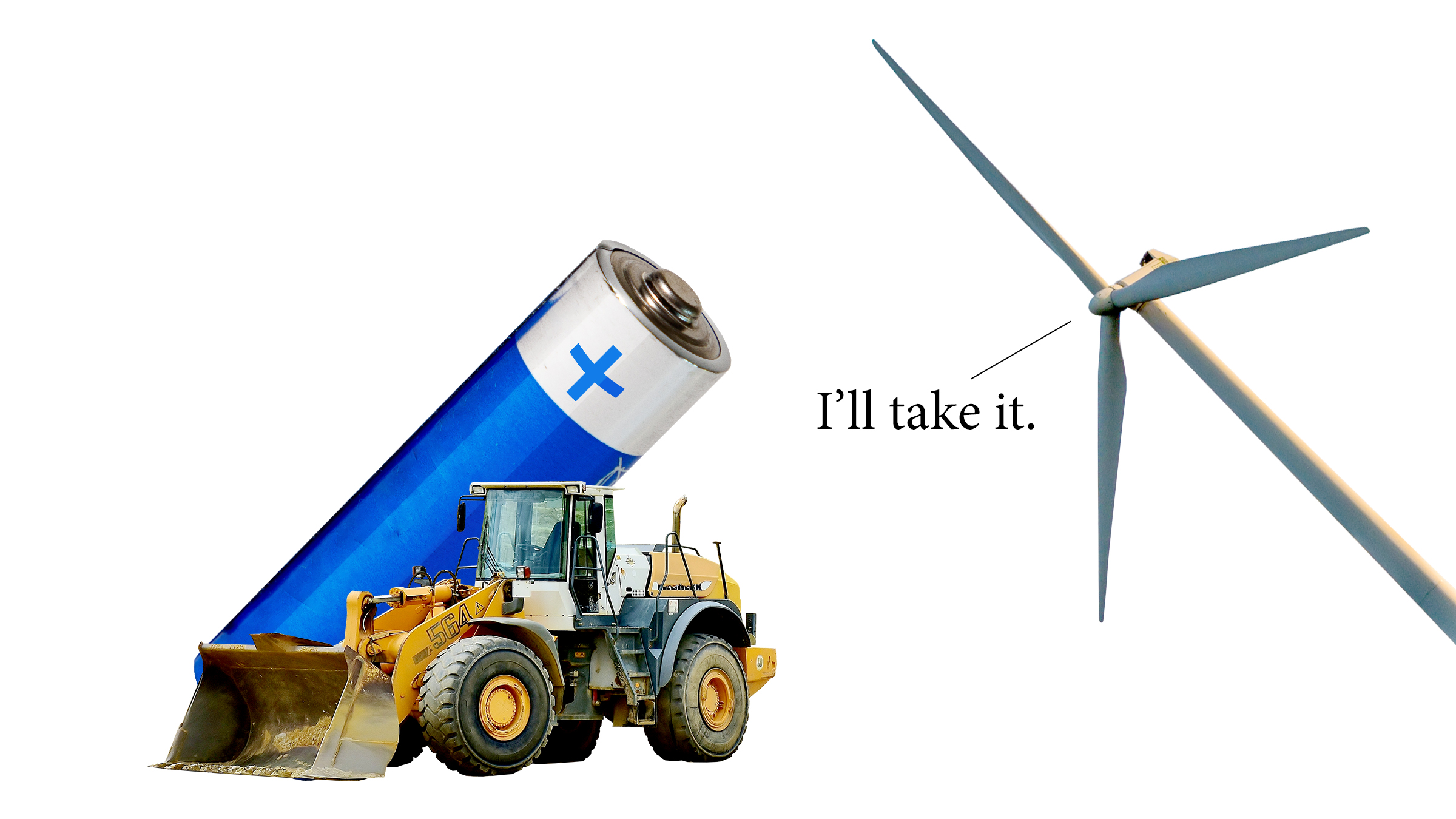





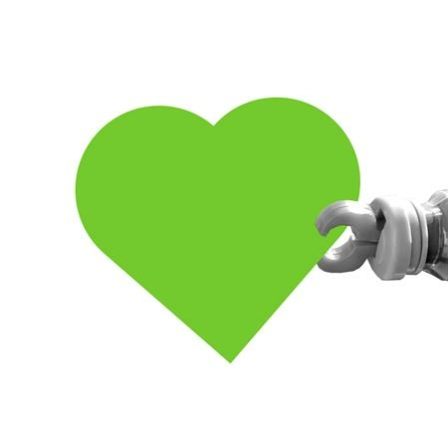
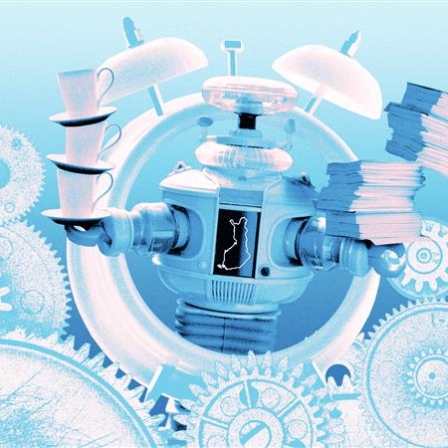

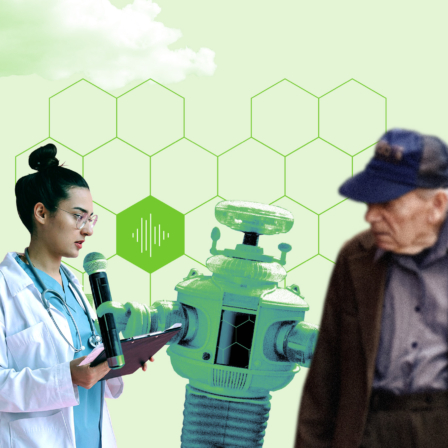

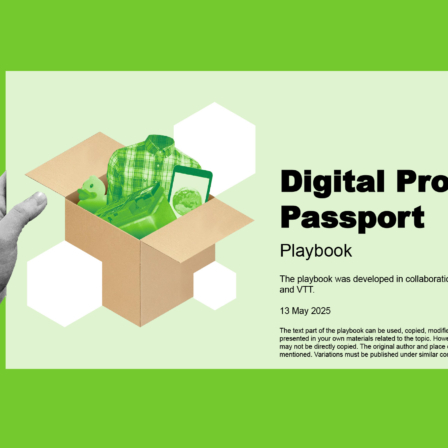


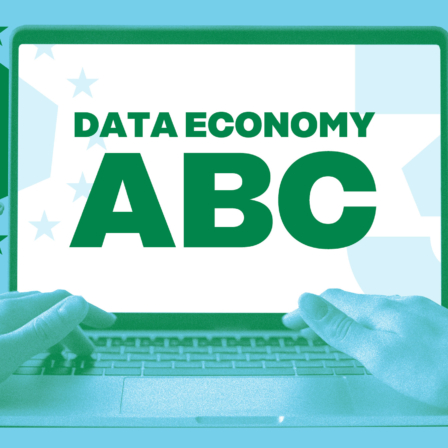
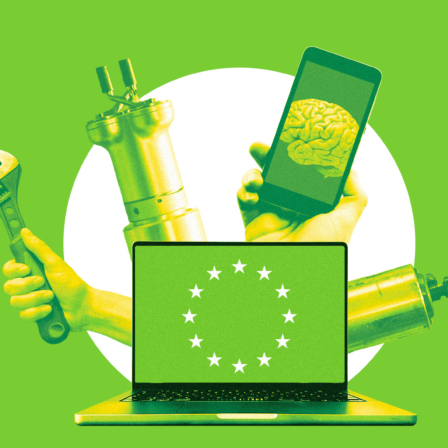
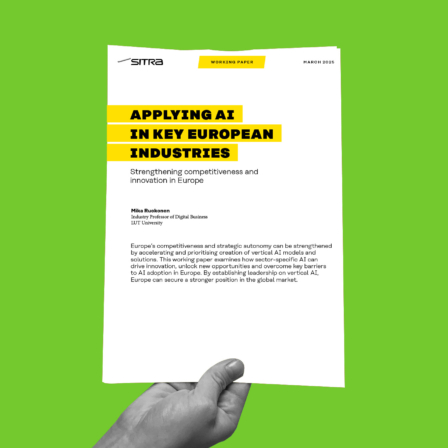
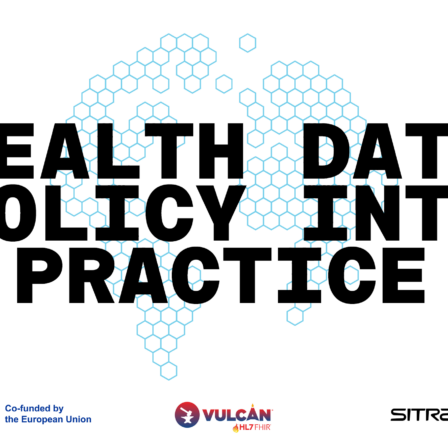

Recommended
Have some more.